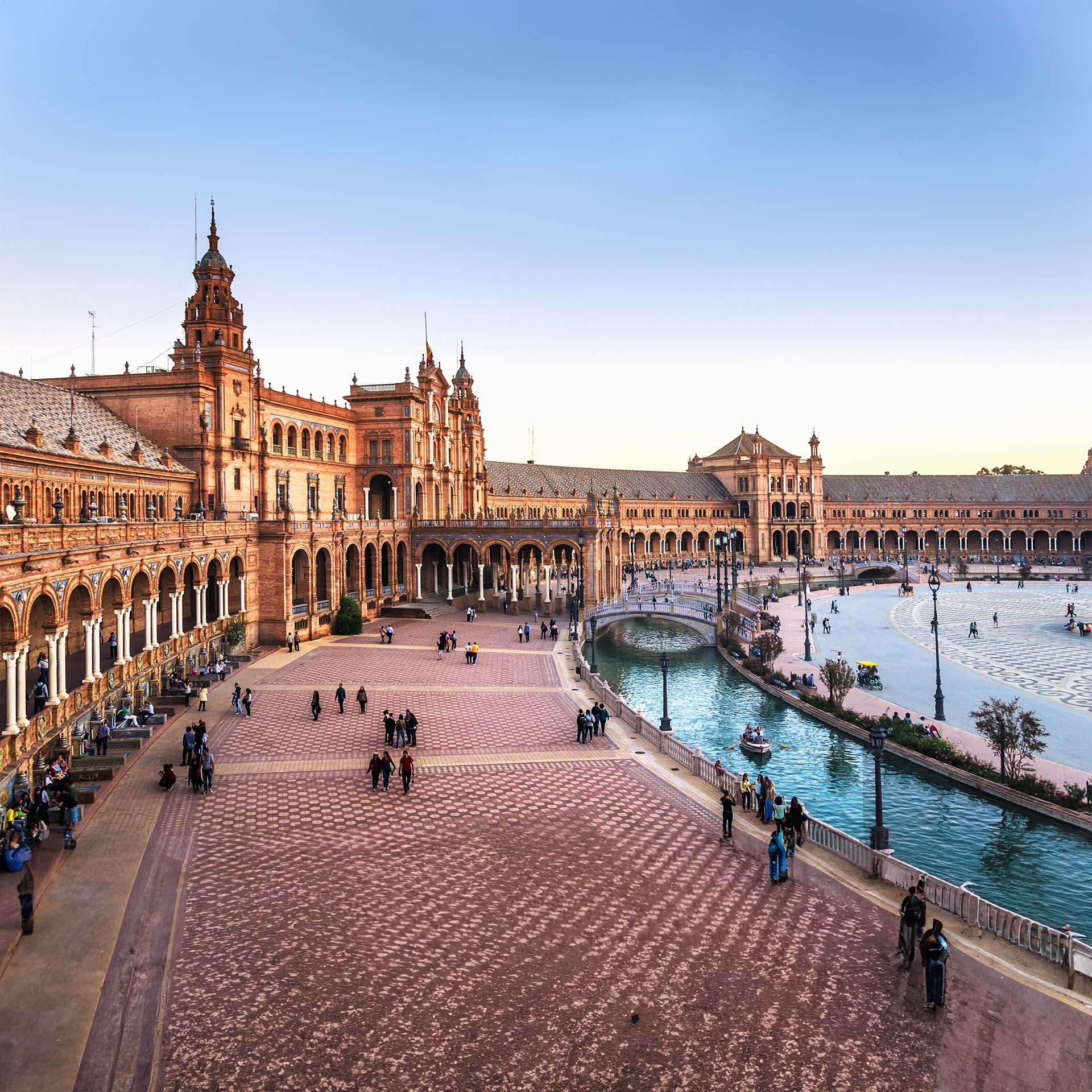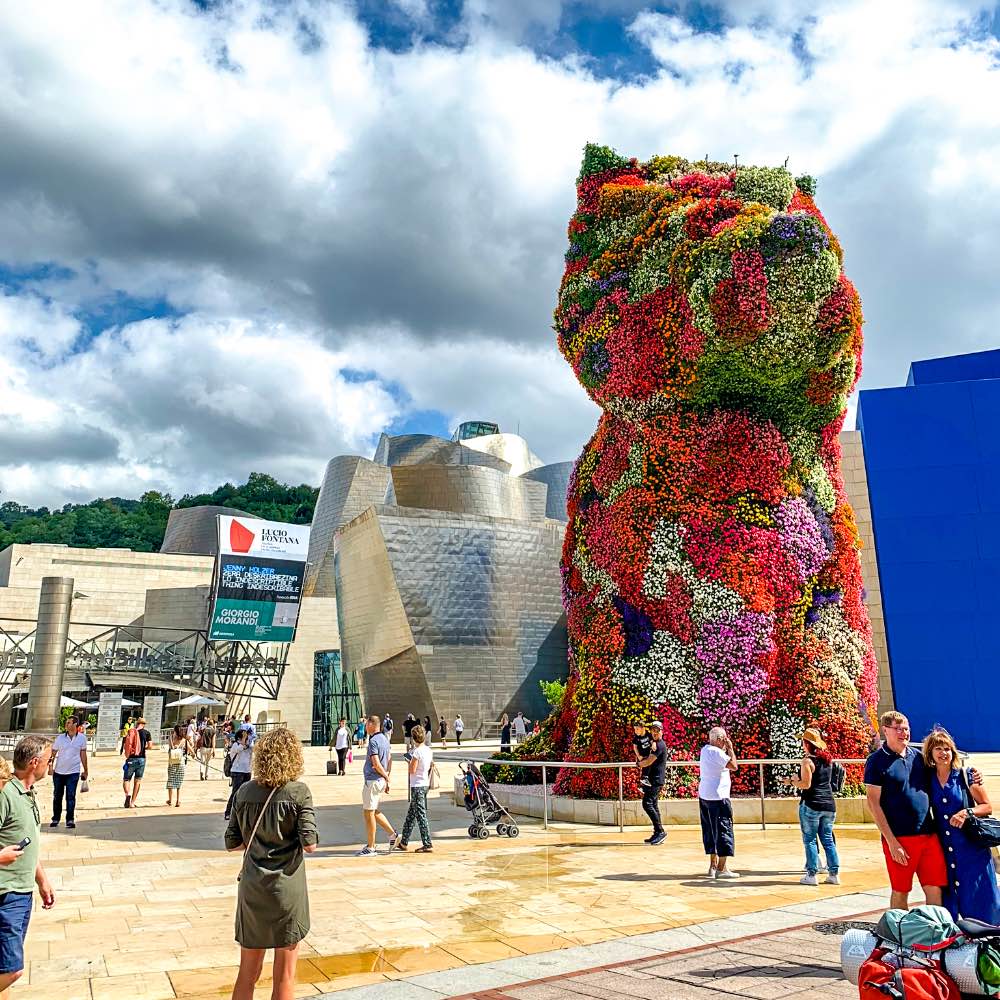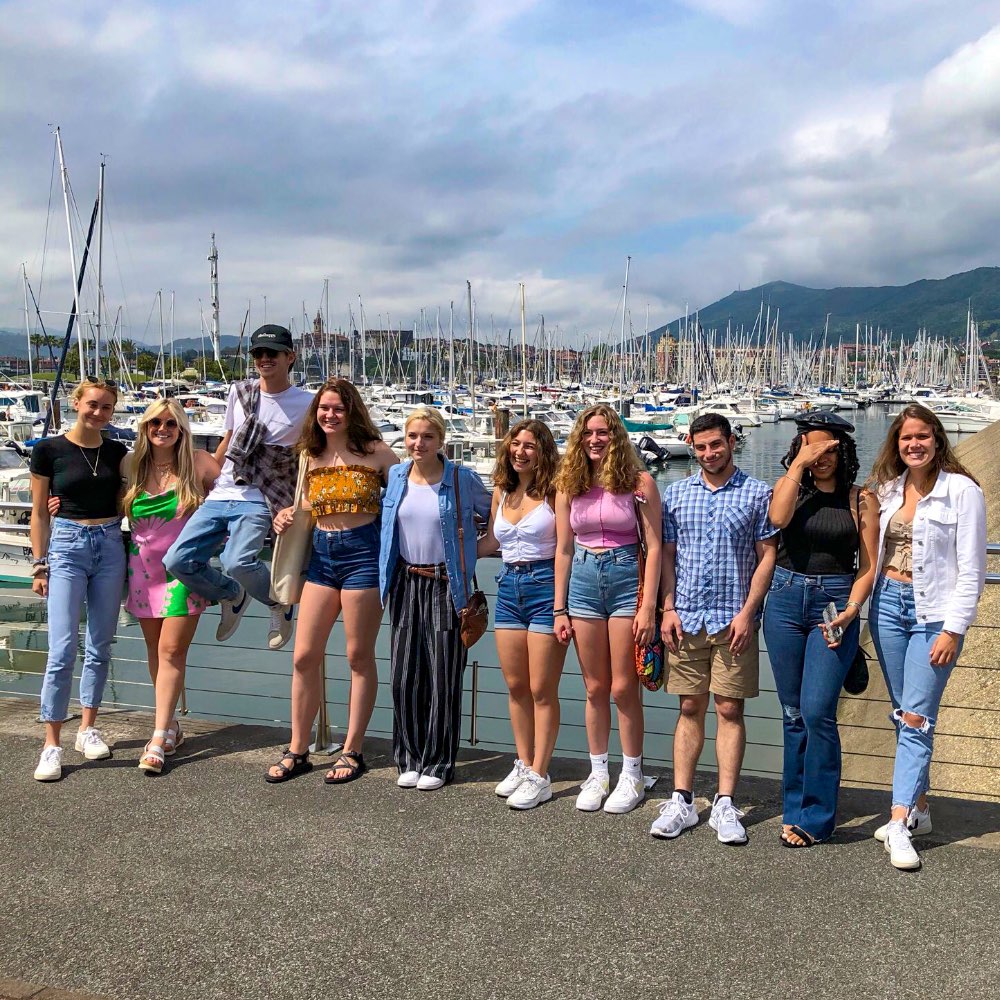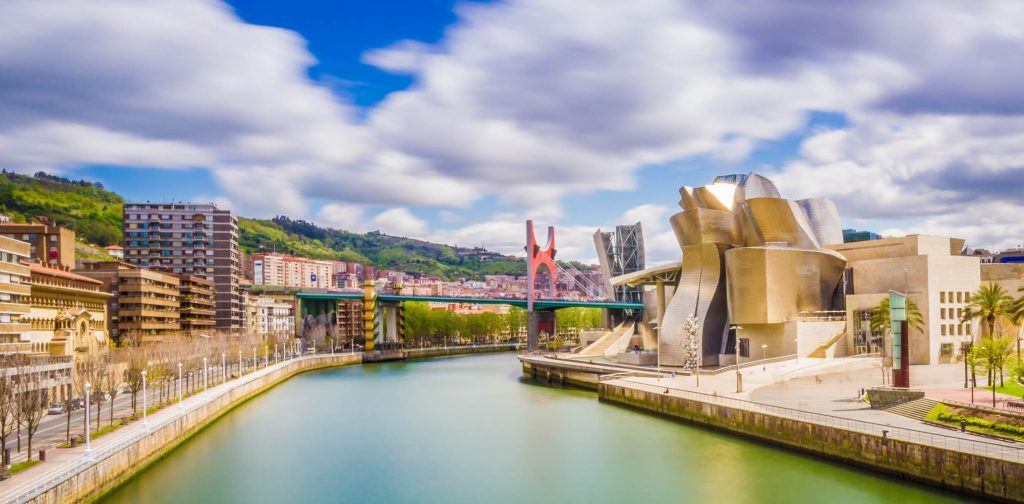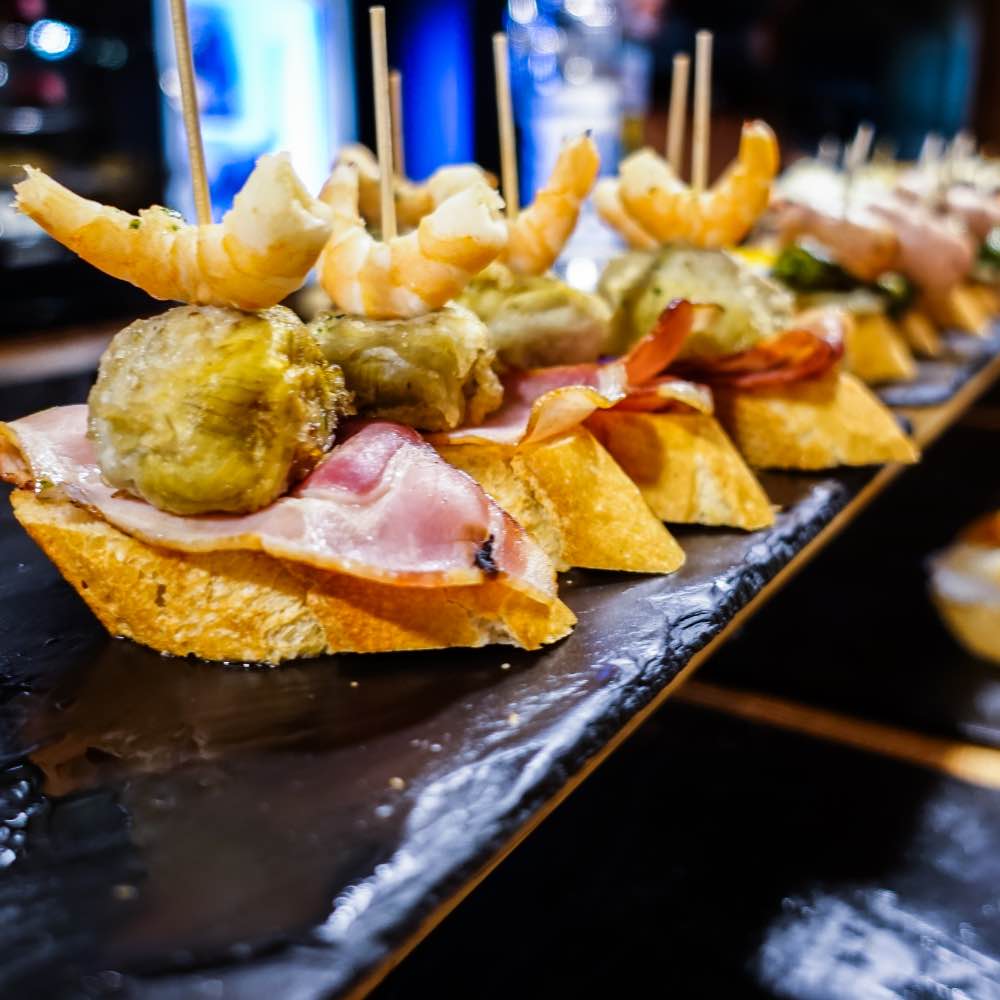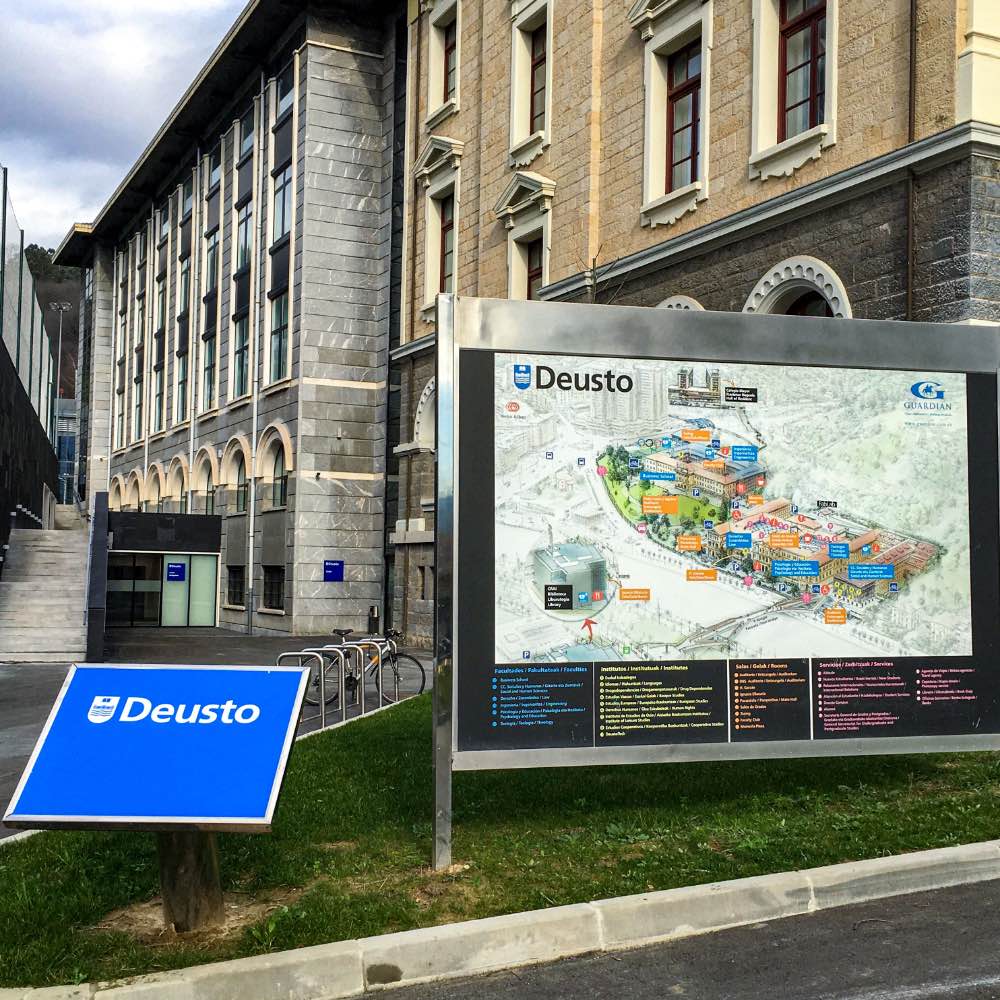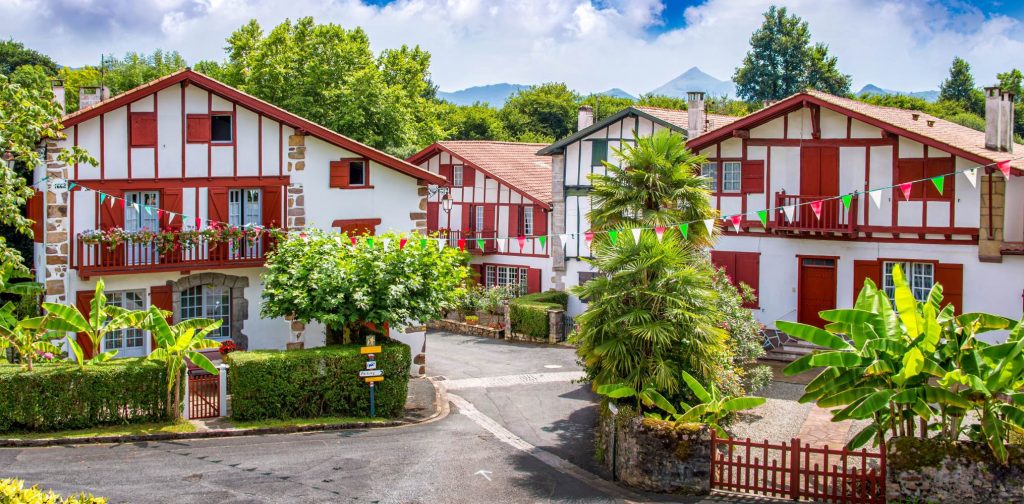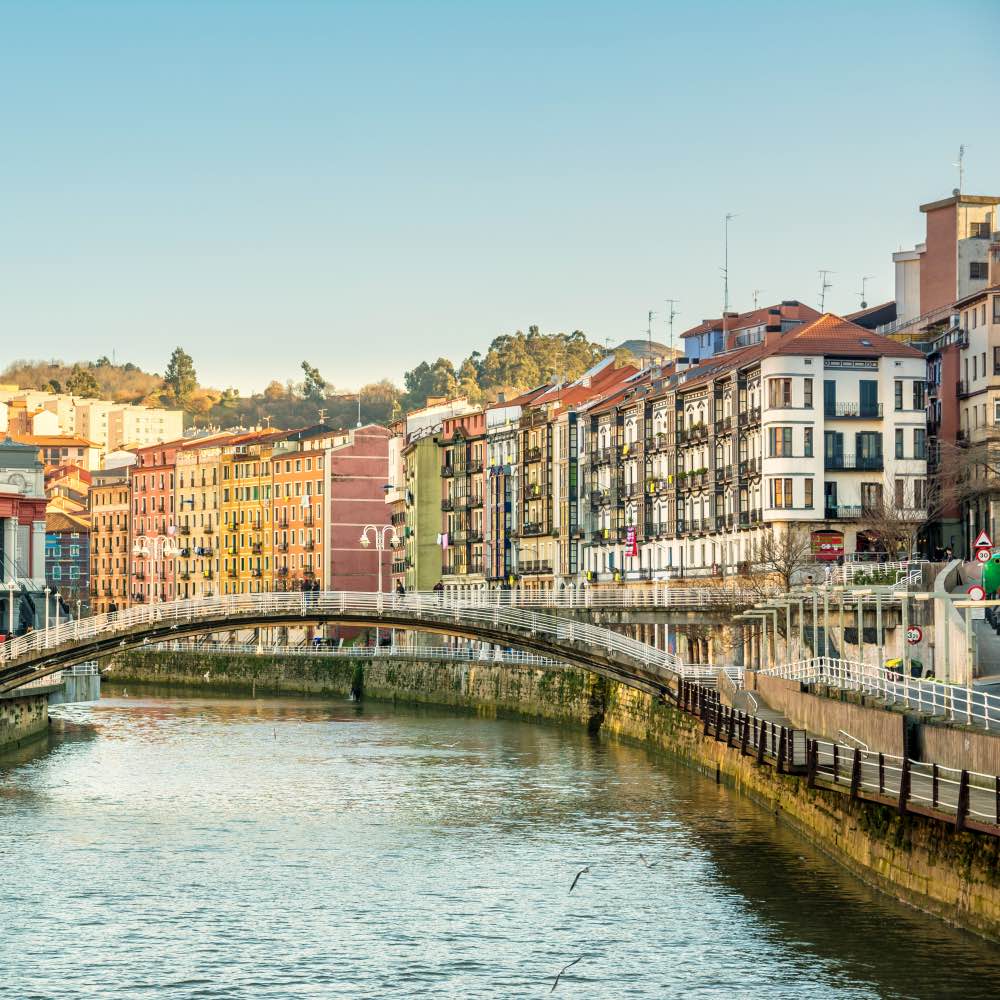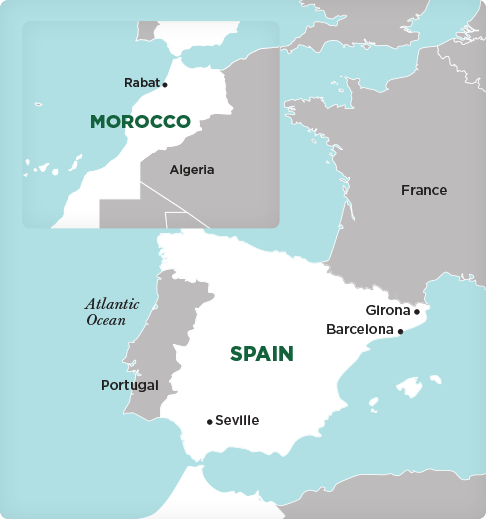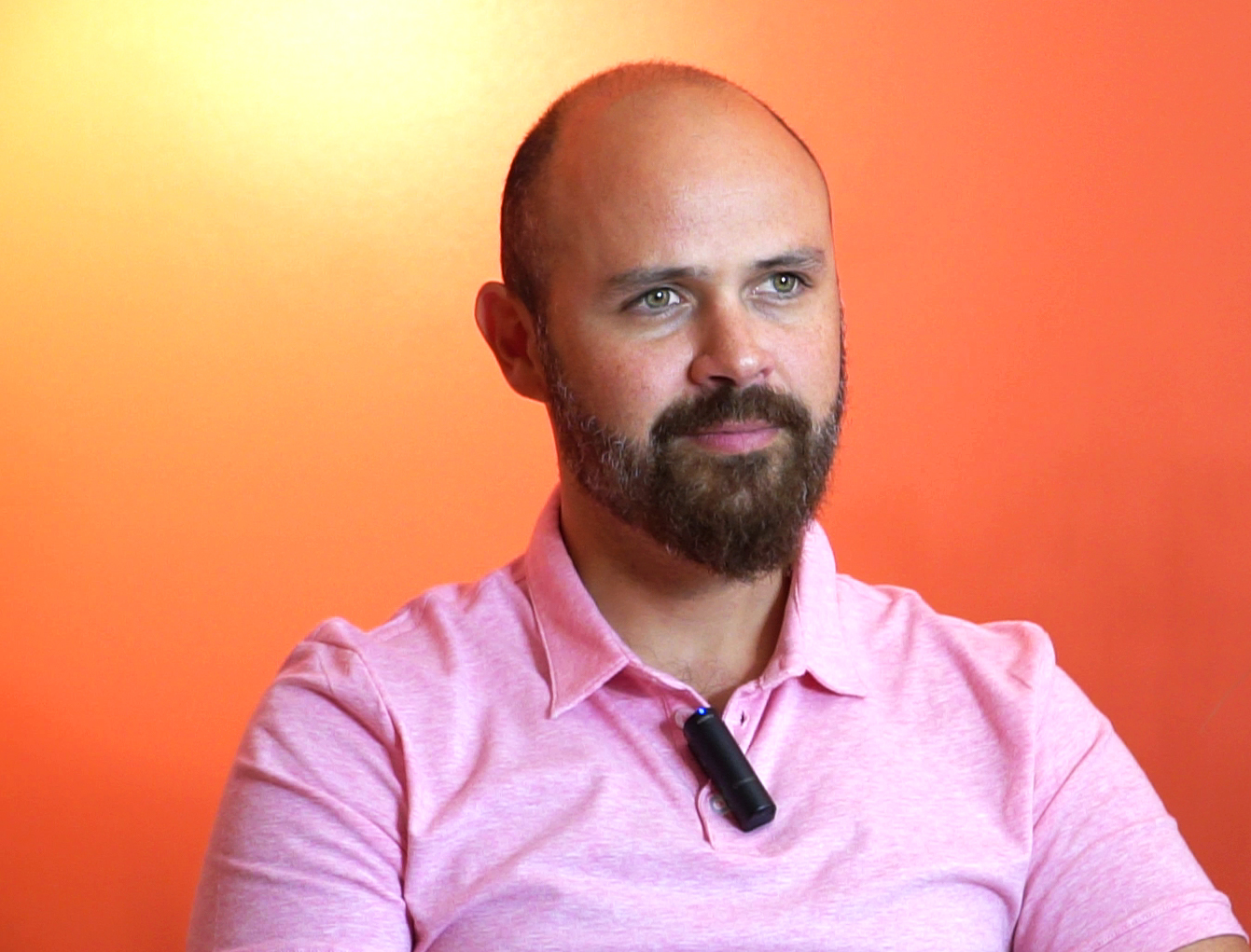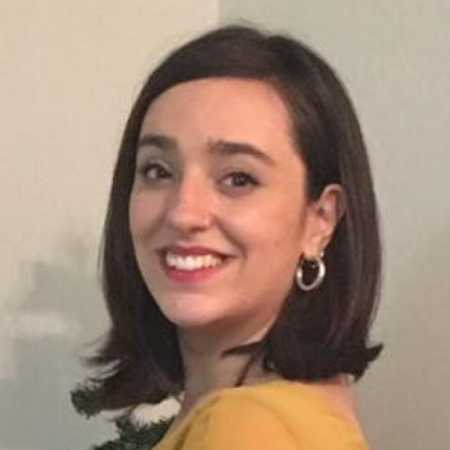Overview
Why study abroad in Spain and Morocco?
In recent decades social movements, protests, and collective action have become central to the political landscape of the Mediterranean. From the program base in Seville and during a 10-day excursion to Morocco, you will engage with politicians, activists, NGOs, and grassroots organizations to understand the most pressing issues in the region. These movements have emerged to consolidate neglected rights, raise awareness of political and social conflicts, show discontent, and advocate for the rights of minorities and disenfranchised identities. This voluntary gathering and collective action acts as a catalyst for broad social change and cultural transformation, and has become a hallmark of Spanish politics. In Seville and Morocco, you will meet with various stakeholders throughout the semester, as well as design independent study projects to delve deeply into research that focuses on these issues.
Modern democracies are increasingly challenged to understand what happens beyond the major institutions of governance, and Spain is an excellent place to understand what has been called the “politics of the streets.” In Spain, nationalist and independence movements, feminist and women’s rights movements, anti-austerity movements, anti-eviction organizations, educational organizations, and environmental organizations compose a major part of the political and social landscape. Through site visits, lectures, excursions, and independent research, you’ll see how social movements are formed and how political action is advanced across a variety of social sectors.
Highlights
- Spend 10 days in northern Morocco visiting the international city of Tangier and the blue city of Chefchaouen and learn how Mediterranean geopolitics is written from below.
- Study Spanish and live with a homestay family in Seville, a city with a rich cultural history drawn from Spanish, Roma, and Arabic influences.
- Examine how collective identity and cultural memory shape the ideological platforms of social movements and political institutions.
- Engage with human rights NGOs and learn about the complex tapestry of migration involving sub-Saharan Africa, the Mediterranean region, and the EU.
Prerequisites
None


